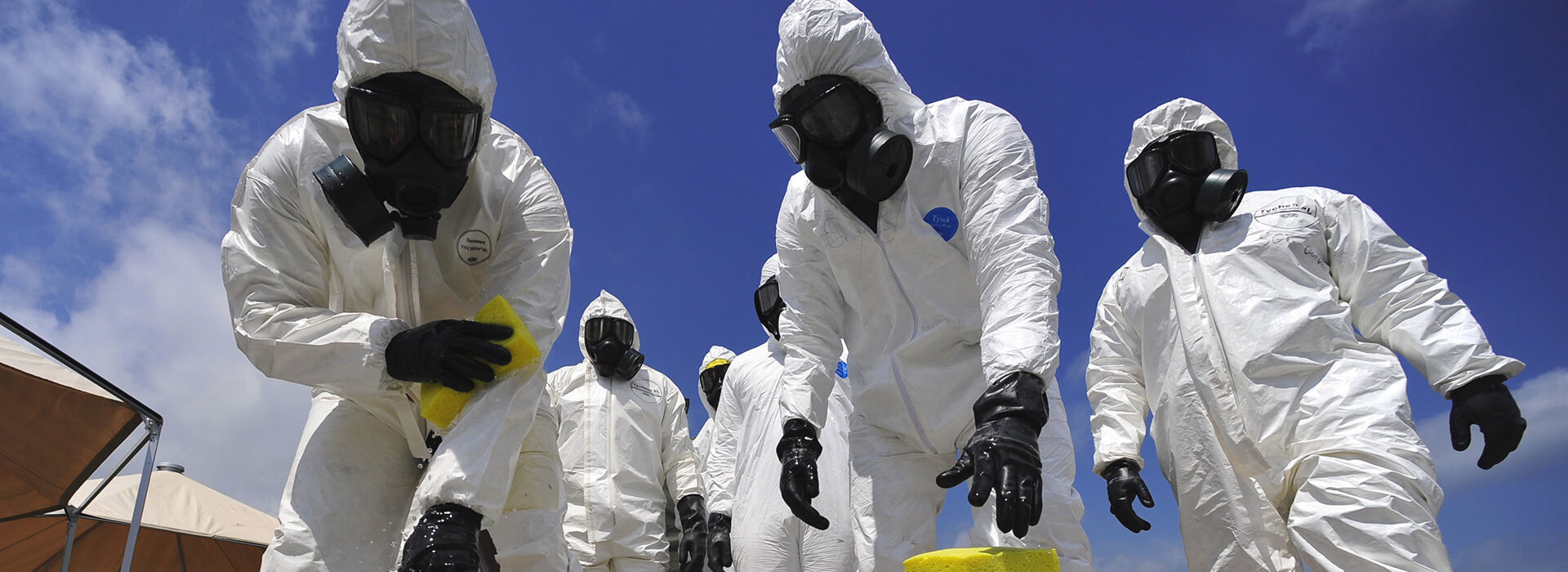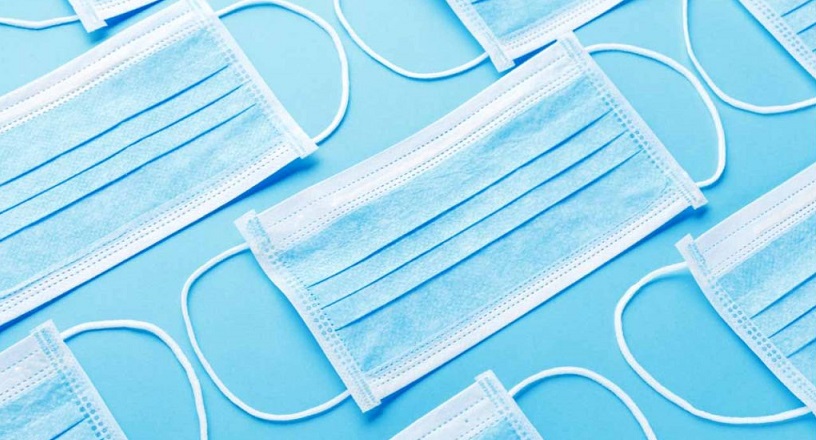

The use of high quality mouth and face masks is very important to control and monitor the spread of the current Covid-19 outbreak. For this purpose, an effective and disposable hygiene mask has been developed for European Union countries. These masks are produced from high quality non-woven spunbond and meltblown fabrics. These masks comply with the CWA 17553: 2020 standard developed jointly by CEN (European Committee for Standardization) and CENELEC (European Electrotechnical Standardization Committee).

The bacteria filtration efficiency (BFE) level of these hygienic masks, which have been pre-tested in advanced laboratories according to the EN 14683 standard, is over 90 percent. Manufacturers must ensure that the standards for material quality, ergonomics and filtration efficiency are fully met before putting masks on the market.
The TS EN 14683+AC standard, also published by the Turkish Standards Institute (TSE), provides requirements and test methods for medical face masks. This standard describes and contains test methods for the design, manufacture and performance of medical face masks designed to limit the transmission of infectious agents from workers to patients during surgical procedures and similar environments.
Masks produced in accordance with the CWA 17553: 2020 standard are not subject to CE marking and are suitable for offering to consumers in European Union countries.
Protective masks for civilian use are mainly intended for use by:
These masks are not suitable for children under the age of three. It is recommended that children between the ages of 3 and 12 be supervised while wearing these masks. However, the age criteria suggested here can be kept higher on a national basis.
The use of these face masks minimizes the spread of respiratory droplets, saliva or respiratory secretions from the wearer when talking, coughing or sneezing. These masks also limit the entry of exogenous respiratory droplets into the nose and mouth of the wearer.
The main material of protective masks for civilian use, produced in accordance with the CWA 17553: 2020 standard, is non-woven spunbond and meltblown fabrics. Spunbond fabrics are a type of non-woven fabric. These fabrics are a fabric-like material obtained from long fibers bonded together with a hot press. That is, they are produced directly from fiber or they are flat and porous sheets obtained from molten plastic material. These non-woven materials are generally weak, have a limited life and are intended to be disposable. Such fabrics are used for certain functions such as absorbency, flexibility, liquid repellency, softness, strength, flame retardancy, washability, filtration, bacterial barrier and sterility.
Meltblown fabric is a synthetic product and a series of technological processes are applied during its production. In these processes, different properties are added to the fabric. The raw material of such fabrics is polypropylene. Meltblown fabrics are generally used for filtration and in the production of microfiber cloth. It has high absorbent power. It is also used in medical fields such as gloves and masks. The fibers in the spunbond fabric are bonded to each other by heat. Meltblown fabric, on the other hand, is bonded together by spinning ultra-thin filaments. Both fabrics have high filtering and absorbing properties.
CWA 17553 protective masks for civilian use are designed in three layers. The outer layer is spunbond, blue colored, waterproof fabric, the middle layer is meltblown, white colored filtration element, the inner layer is spunbond, white colored. These masks are disposable.
The filtration efficiency of CWA 17553 masks against particles around 3 µm is determined as two levels:
Manufacturers must carry out verification tests either by their own means or by an advanced laboratory with appropriate testing tools, before putting protective masks on the market for any civilian use. For this, it has to establish and document regular checks in order to ensure the performance of the masks. The main tests applied are: visual inspection, durability testing of mask straps, material filtration efficiency testing, and breathing resistance and air permeability testing.
Our organization, among numerous test, measurement, analysis and evaluation studies, provides testing services for civil use protective masks within the scope of CWA 17553 standard, within the framework of national and international standards, with its trained and expert staff and advanced technological equipment.
To get an appointment, to get more detailed information or to request an evaluation, you can ask us to fill in our form and reach you.